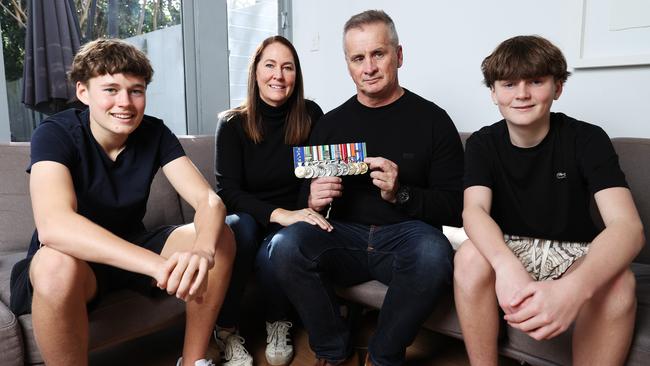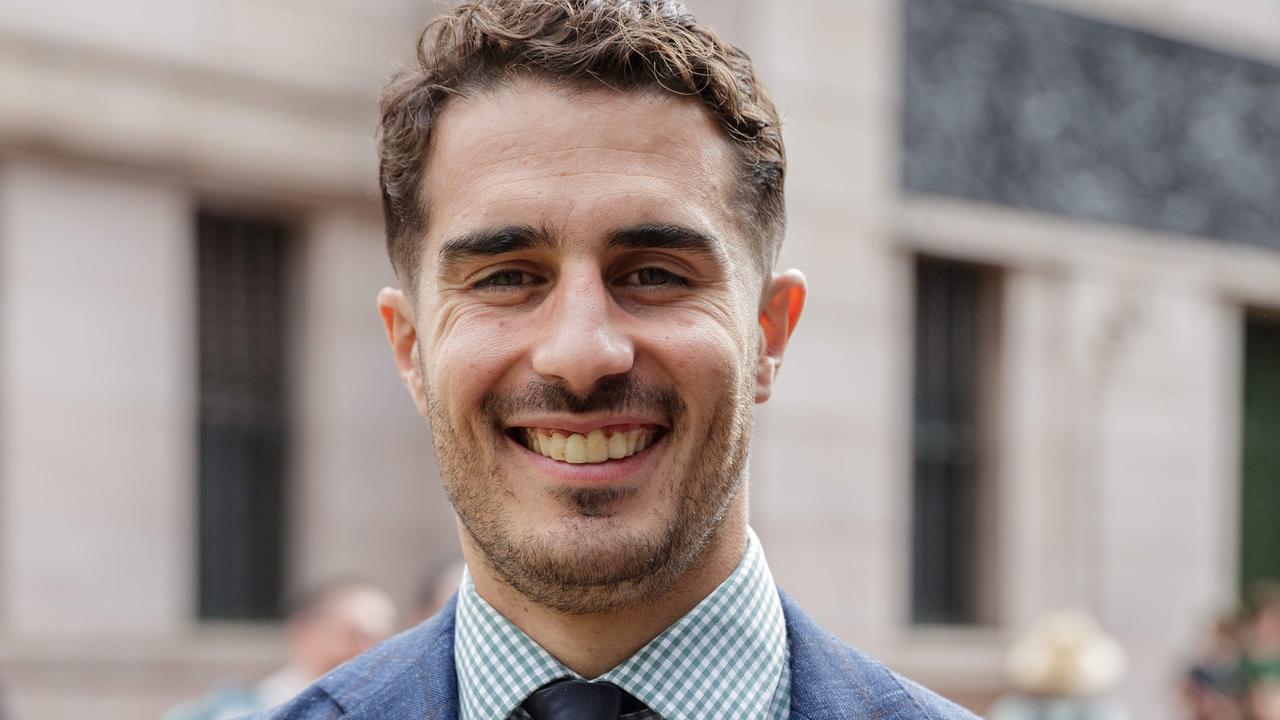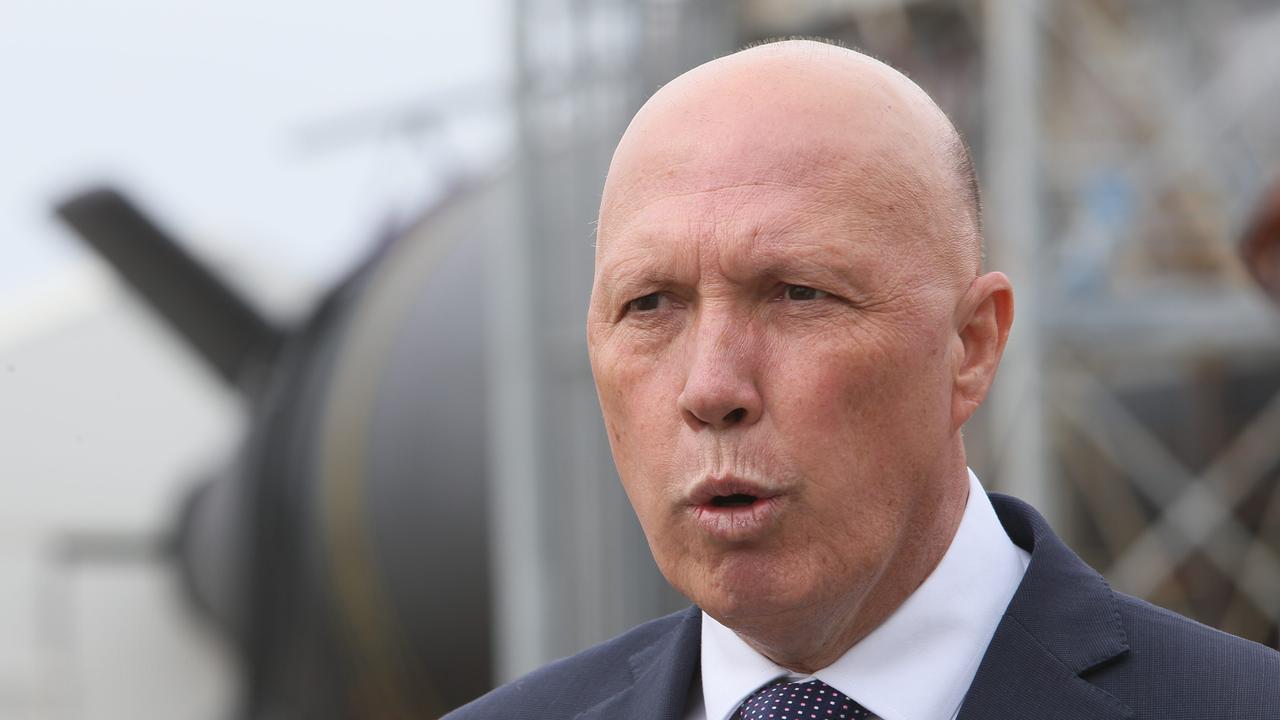Injured soldier Paul Dunbavin ‘shines light’ on brain injuries
Former commando Paul Dunbavin, who has been diagnosed with a traumatic brain injury, was exposed to thousands of explosive blasts during his 36-year military career.

Former special forces soldier Paul Dunbavin was for decades one of the nation’s most elite soldiers – an outgoing, A-type personality, who could be relied on to get the job done.
But today he is a different man; forgetful, often angry, with a traumatic brain injury diagnosis that provides little comfort on what lies ahead.
Dunbavin, a former Warrant Officer with the 2nd Commando Regiment, was exposed to thousands of blasts in training and combat during his 36-year military career.
For a time, he served as a special forces demolition supervisor, “blowing stuff up every day”.
He was also a regular user of the 84mm Carl Gustaf recoilless rifle and 66mm shoulder-fired rockets, which generate big pressure waves for users, and suffered multiple concussions from parachute jumps.
It was his wife, Nicolle, who first noticed something was wrong.
“She just said to me, ‘You’re not firing on all cylinders there’. My emotional regulation was all over the place,” Dunbavin said.
“I was blowing up at the kids, and I was forgetful. I’d go to the shops and I’d get there and couldn’t remember what I was going to get.”
After extensive testing, his neurologist identified chronic traumatic encephalopathy, or CTE – the progressive and fatal brain condition suffered by professional footballers.
CTE has similar symptoms to the traumatic brain injuries seen in soldiers, but a conclusive diagnosis can’t be made while a person is alive.
“The doctor said, ‘You’re an extremely fit 55-year-old man, but unfortunately, in parts of your brain, you’ve got no volume there’,” he said.
Dunbavin, the executive officer of the Commando Welfare Trust, said he wanted to “shine a light” on veterans’ brain injuries in the hope that others could avoid them by “mitigating at the front end of their service”.
He put a claim in with the Department of Veterans’ Affairs several months ago, seeking acknowledgment his injuries were the result of his military service.
“That’s all I really want. I’m not after anything else, because in a couple of years time I could be walking around like Joe Biden,” Dunbavin said.
*If you or a family member need help, contact: Suicide Call Back Service 1300 659 467; Lifeline Australia 13 11 14; Open Arms 1800 011 046; Defence All-hours Support Line 1800 628 036




To join the conversation, please log in. Don't have an account? Register
Join the conversation, you are commenting as Logout